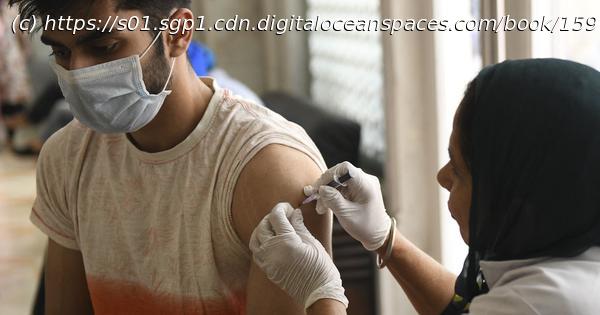The WHO has cautioned against premature decisions.
In an ideal world, it would not matter which brand or kind of Covid-19 vaccine one took. Scientists are now fast approaching that ideal situation, studying the effects of taking different doses of the Covid-19 vaccines available at the moment. The promising news is that most combinations have thus far reported no severe side effects and may even be better than taking two doses of the same vaccine. Several studies are currently underway for mixing Pfizer’s mRNA shot with AstraZeneca’s viral vector vaccine. A UK-based safety study of over 800 participants, for instance, found that those who received the first dose of the AstraZeneca vaccine (known as the “prime” dose) tolerated Pfizer’s shot as their second dose (called the “boost”) quite well. The study, published in The Lancet in May, also took into account the different dosing regimens, with intervals ranging from 28 days to 84 days. This is particularly key for countries like the United Kingdom, Canada and India, where the AstraZeneca vaccine is being administered with a gap of up to 16 weeks. Beyond safety, a Spanish study found that AstraZeneca vaccinees actually benefited from taking Pfizer’s as their second dose, generating higher levels of antibodies than with shots of the same vaccine. In the Philippines, researchers are studying the combination of CoronaVac, developed by Beijing’s Sinovac, with each of the six vaccines currently approved in the country. Similarly, Moscow-based Gamaleya Research, which developed the Sputnik V vaccine, is studying the effects of mixing it with the Astrazeneca vaccine. This is not entirely surprising given that mixing vaccines – a practice known as heterologous prime-boost – has been tested out with the Diphtheria, Tetanus and Pertussis vaccine, among several others.
Start
United States
USA — Criminal What do we know so far about mixing and matching Covid-19 vaccines?






